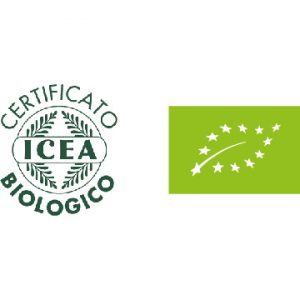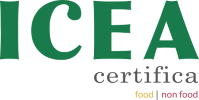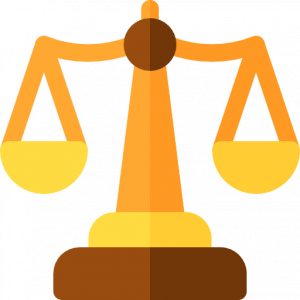Certifies agricultural products, processed agri-food products, feed and pet food, aquaculture products, algae and microalgae (spirulina), yeasts. It guarantees the conformity of the productions obtained with organic methods at all stages of the production chain, from the field to the table, in compliance with European Union regulations (Reg. EU 848/18)
INFORMATIONS

Since 2007, the EU has made mandatory the use of the common organic label (the green flag with the European star leaf) for all packaged products, produced in the territory of the Community, which contain at least 95% of organic ingredients . The code of the control body and the actual origin (EU / non-EU) of the constituent ingredients must be indicated next to the European mark. By origin we mean the place of agricultural production, information that makes the organic at the forefront and in contrast with European policies on consumer information. When you read ITALY (or Spain, France, etc.) it means that 100% of the ingredients have been grown on the national territory.
EU legislation provides for the obligation to subject all the players in the supply chain to the control system, starting from agricultural production to marketing. The control bodies authorized by the Ministry of Agriculture and Forestry for the certification of organic operators in Italy are supervised by the Regions and other public authorities in charge of supervision (Fraud Repression, NAS, etc.). The obligation to submit to the control system, initially provided only for agricultural, zootechnical and food preparation producers, was extended first to the retail sale of loose and pre-wrapped products (eg fruit and vegetable department, gastronomy, bread and bakery products, etc.) and then to warehousing and wholesale distribution.
Only operators who sell organic products directly to the consumer or end user in prepackaged packaging and who do not produce, prepare, store or store such products, unless they are connected to the point of sale, do not import the same from a Third Country or have not entrusted these activities to third parties.
End user means, for example, the farmer who buys the seeds from the agricultural consortia and other specialized retailers or the restaurateurs, not yet subject to the control obligations imposed by the EC Reg. 834/07.
Ministerial Decree 6793/2018 specifies that “direct sales” means the sale in which there is the simultaneous presence of the operator or his sales staff and the final consumer. Consequently, the exemption from liability does not apply to online platforms that sell organic products.



